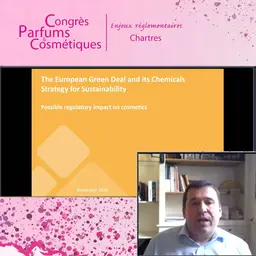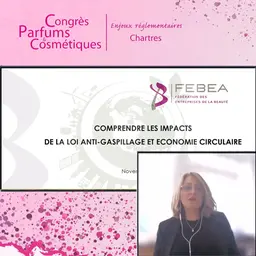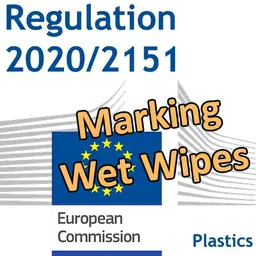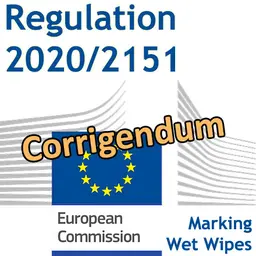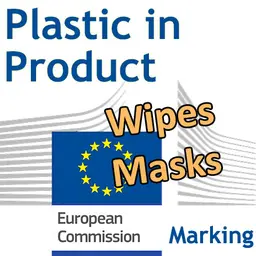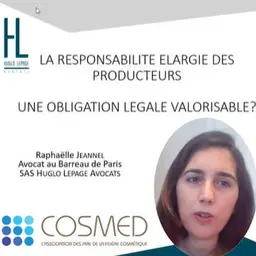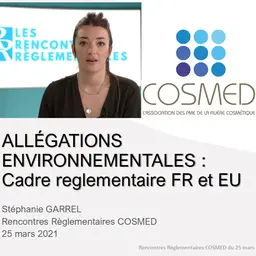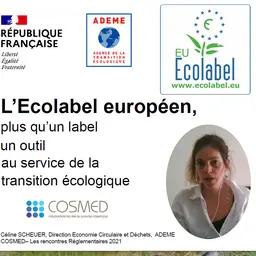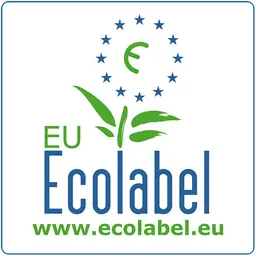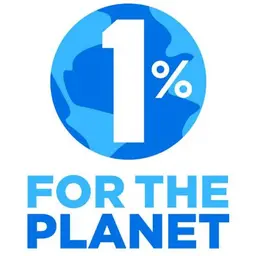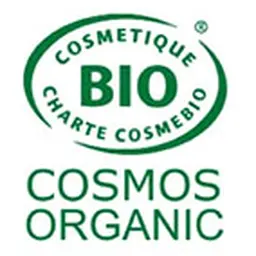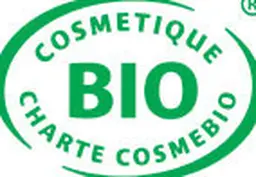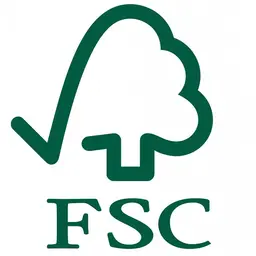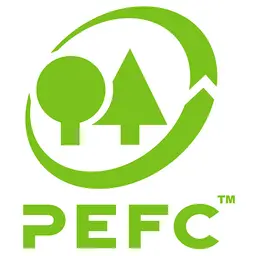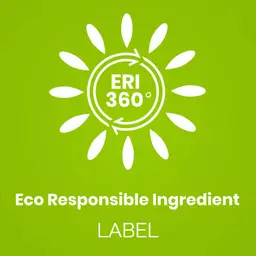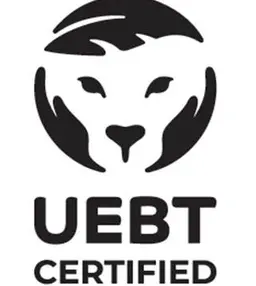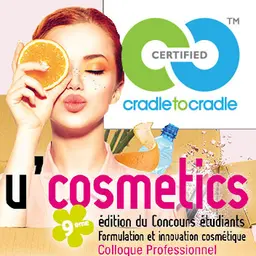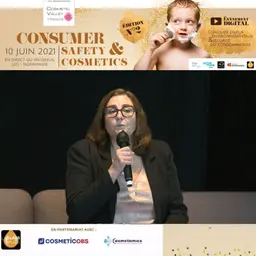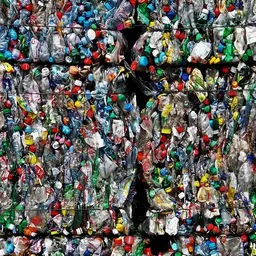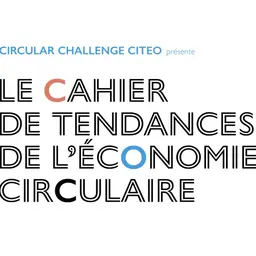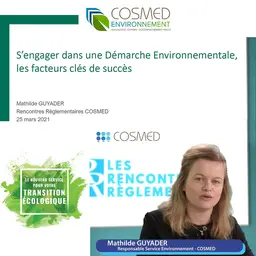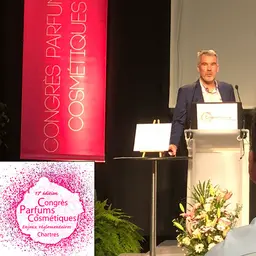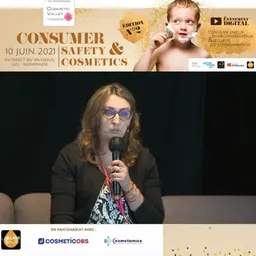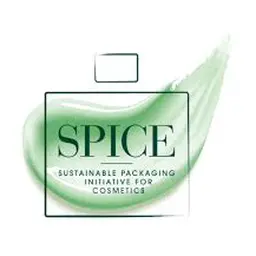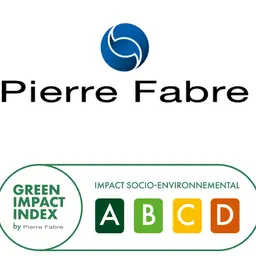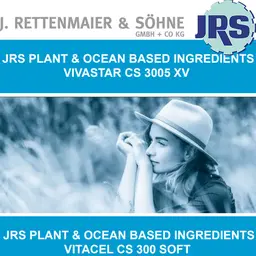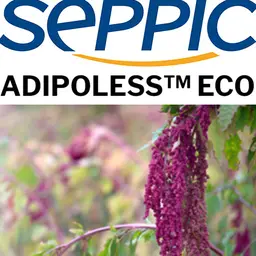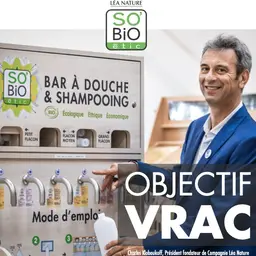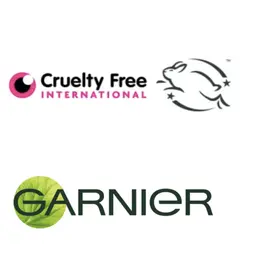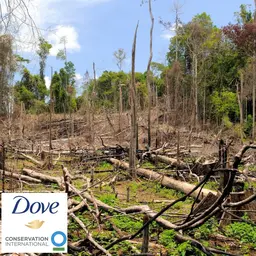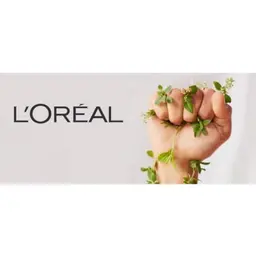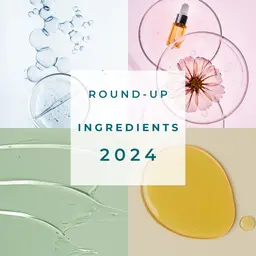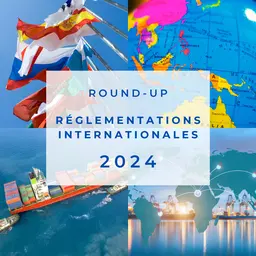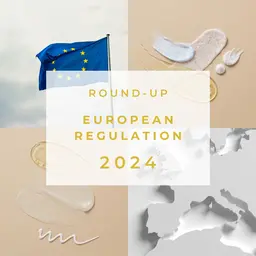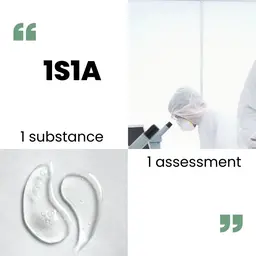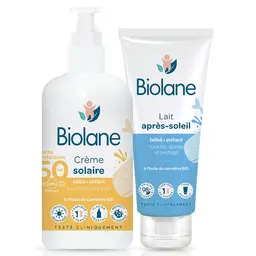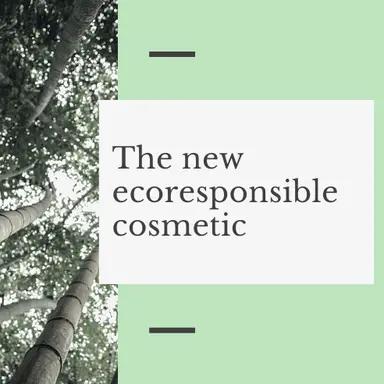
Eco-responsibility started out as a trend, a commitment by a few “mission” brands before its time, and a marketing argument aimed at consumers who were more sensitive to the state of the planet. Then, it became an increasingly obligatory passage, a sort of must-have to seduce a more conscious clientele to be in the air of time. Today, the reality is quite different: it is an obligation. The various bills, at national, European and global levels, have radically changed the situation: cosmetic companies no longer have any other choice but to commit to their ecological transition. The deadlines are short and the challenges are numerous and ambitious. This dossier has been designed as a tool for professionals in the beauty sector. It reviews all the new environmental rules (obligations to respect, allegations to avoid, certifications to look for, examples to follow…) that concern the beauty sector and highlights the solutions that can and/or must be put in place.
Regulation
Environmental responsibility is no longer an approach left to the discretion of professionals. There are countless laws and regulations that require radical measures to be taken in a very short time. Ingredients, especially microplastics, were the first to be targeted by regulatory authorities. From now on, the various legislative projects frame as well the eviction of microplastics, the management of waste, the recyclability of packagings, the information brought to the consumers, the sale in bulk, or the eco-social responsibility of companies…
Certifications and labels
Many certifications and other labels have been developed in recent years. And, with their precise specifications and demanding criteria, some of them appear to be a “simple” solution to effectively implement an environmental approach. These initiatives are intended to set their own rules in terms of respect for the environment and some of them are specific to the cosmetics sector. Easily identifiable, they are also a guarantee of safety and confidence in the eyes of public opinion.
Pressure from the market
Today, manufacturers are obliged to go green because of regulations… But eco-responsibility is also an attractive concept for the inhabitants of this planet. The Covid-19 crisis has sharpened the environmental awareness of many consumers who are increasingly demanding about the composition of products, the recyclability of packaging and the overall ethics of brands. And they expect companies to play the game, to go beyond the easy stage of greenwashing to make a real commitment to the environment in a coherent and sustainable way… at the risk of turning away from them. It is not yet time to sanction and boycott brands that seem to be too irresponsible, but experts predict that this will happen soon…
Industry commitments and solutions
One after the other, cosmetic brands, from the largest to the smallest, are committing themselves to sustainable development programs, developing eco-design tools or environmental impact measurements, working on sustainable alternatives to polluting ingredients, establishing partnerships with NGOs… and communicating on their new commitments to show how involved they are. This is an effort to overhaul the entire value chain, from sourcing to the end of the product’s life, through more virtuous and resource-efficient manufacturing processes and eco-design of packaging. Lifecycle analysis rhymes with the circular economy, and in this 360-degree reflection, no aspect should be left to chance.

